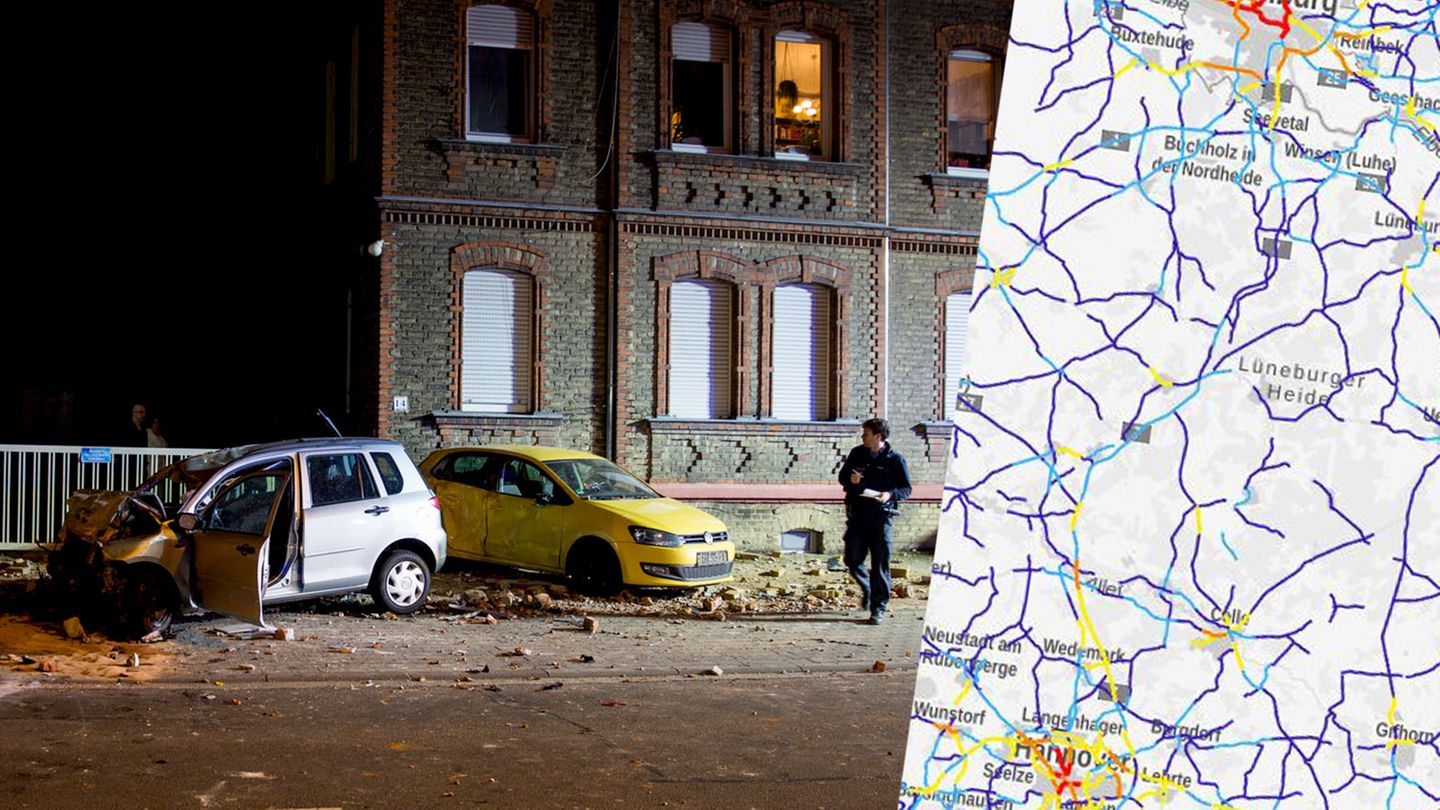Under the scorching sun, lines of sweaty tourists with heavy suitcases wait for a taxi in front of Rome’s main train station, Termini. The wait is long: vacationers with small children by their hands moan about the heat. They often have to wait up to an hour before a taxi appears. In the summer season, Italy’s capital is experiencing acute problems with taxis and public transport.
It is particularly difficult to find a vehicle in the evenings and on rainy evenings it is almost hopeless. It is not only tourists who struggle with the problem of a lack of taxis. Locals who want to order a car by phone from the taxi center often end up on hold for half an hour and then give up. The app of several taxi services, which are theoretically supposed to get you a vehicle, also simply responds: “no car”.
Half of the calls go unanswered
According to research by the market supervisory authority, thousands of potential customers in Rome try in vain to order a car every month. Between 40 and 50 percent of calls go unanswered. Appointments are canceled, citizens are angry, also because the public transport system is inefficient and does not always offer a real alternative to taxi services when you want to get to certain places in the city.
Taxi drivers have always been an influential professional group in Italy, and they have resisted liberalization measures – not only in Rome, but throughout the country. Taxi drivers in Italian cities are preventing Uber from entering the market and also preventing the number of concessions from increasing. In Rome, as in Naples, Florence, Bologna and other major cities in the country, there are far too few taxis in view of the increasing number of tourists. In Italy’s 110 largest cities, there are around 23,000 concessions, more or less the same number as 20 years ago, according to the report of the traffic control authority to parliament.
More visitors than ever before
In the capital Rome, with its three million inhabitants, there are 7,600 taxi licenses. By comparison, in the Spanish capital Madrid, with its 3.3 million inhabitants, there are twice as many. London has 14,600 taxi licenses and Paris 17,500. In Rome, the taxi is only used for one shift per day, i.e. for eight hours. Given the tourist boom that Rome is experiencing after the corona pandemic, this is far too few.
Rome’s tourism industry is attracting more visitors than ever before. Citizens and politicians are already worried about the Catholic Jubilee Year, which begins on December 24th. 30 million pilgrims from all over the world are expected to attend the major church event, which takes place every 25 years. In addition, Milan and the Dolomite ski resort of Cortina d’Ampezzo will host the 2026 Winter Olympics.
More competition
Mario Draghi wanted to create more competition as prime minister in the summer of 2022. But after taxi drivers blocked Rome for days in protest, he had to give up. The successor government under Giorgia Meloni has made a new attempt in recent months to liberalize the taxi licensing system and allow more competition. But nothing has changed to date. Every attempt at reform is stubbornly rejected by taxi drivers.
Prime Minister Meloni is now under pressure: she knows that taxi drivers are loyal voters of the right-wing coalition parties Fratelli d’Italia and Lega and does not want to upset her group of voters. Because she is aware that it will cost her dearly if the well-organized taxi drivers’ lobby goes on strike. Then all traffic in the big cities breaks down – often for days. The taxi drivers are represented by strong unions that have been protesting and striking furiously for years against every attempt to liberalize the sector and open up the market.
Licenses are traded at high prices
The corporatism of this small but powerful group is difficult for the Meloni government to crack. Taxi drivers defend their taxi license with all means at their disposal and stubbornly oppose the awarding of new concessions. According to a law from 1992, taxi drivers can decide for themselves who they pass on their license to – should they quit their job. The few licenses that become available are traded on the market for prices between 150,000 and 200,000 euros, but can also be “inherited”. No wonder taxi drivers oppose any liberalization measures.
The taxi lobby claims that the problems in Rome are not due to the low number of vehicles, but to the inefficient public transport network. If there were more buses and more subways, the current number of taxis would be completely sufficient, the argument goes.
Opaque system
In this chaotic situation, the Meloni government is trying to create a little more clarity in the non-transparent system of taxi licenses. A few days ago, it issued a decree to set up a national public register of companies that have a license to provide taxi services, as well as companies that rent cars, motorcycles and limousines with drivers. The decree is intended to provide an overall overview of taxi licenses across the country and to enable efficient regulation of the market, the Ministry of Transport in Rome announced.
The companies are given 90 days to register. This decree is part of an overall framework aimed at improving taxi services for the benefit of citizens, stressed Transport Minister Matteo Salvini. Whether the decree will remedy the grievances for locals and tourists in Rome and other Italian cities is highly controversial.
My themes
For your bookmarked topics
new articles found.
info By clicking on the icon you add the keyword to your topics.
info
By clicking on the icon you open your “my topics” page. You have of 15 keywords saved and would have to remove keywords.
info By clicking on the icon you remove the keyword from your topics.
Add the topic to your topics.
Source: Nachrichten




